The Future
By Naomi Alderman (Simon and Schuster, 2023)
“Suppose there are fifty righteous within the city; will you then sweep away the place and not forgive it for the fifty righteous who are in it?” So Abraham asks God when God, in anger, threatens to destroy the city of Sodom. “And the Lord said, ‘If I find at Sodom fifty righteous in the city, I will forgive the whole place for their sake’ ” (Gen. 18:24–26).
In The Future, Naomi Alderman, award-winning author of The Power, asks a similar question: How many are we willing to sacrifice to save the world?
The world of the The Future is one familiar to us. Environmental degradation and human rights violations are the accepted price of capitalism. Tech companies are collecting data from every person on the planet and using it for purposes both benign and nefarious. Global warming, war, and pandemic are resulting in an increasing number of refugees around the globe. Apocalypse seems certain: The question is who will survive.
The novel begins with the world ending. Three billionaires—modeled not so subtly after the chief executive officers of Amazon, Apple, and a combination of Facebook and X/Twitter—attempt to flee into their own private bunkers. From this opening, the novel goes backward in time, examining the events that led up to that event. Sprinkled throughout are reflections on Lot escaping Sodom in the form of posts to an online forum, making this an unexpectedly theological read that raises questions about faith’s role in solving some of humanity’s most pressing problems.
Despite sections that drag and some characters that are more convincing than others, The Future brings up fascinating ideas about the end times slowly gaining on humanity, how we might survive, and whether technology can help solve the mess it got us into.
—Emily Sanna
Violent Tech
By Joshua K. Smith (Trivent Publishing, 2023)
For most contemporary Americans, the word tech probably evokes mostly benign, everyday sorts of consumer things: smartphones, Playstations, air-fryers, Facebook, etc. Similarly, today’s most heated debates about technology tend to revolve around that consumer realm, as in, for example, the fraught arguments surrounding AI-created art and copyrights. In Violent Tech, however, Joshua K. Smith urges us to consider the violent underpinnings that technology has always possessed.
Smith, a Baptist theologian and pastor, takes a philosophical, theological, and historical approach to unraveling not only what technology means to us, but also how our understanding of violence itself has evolved over the centuries. To this end, Violent Tech draws on an immense well of philosophical and theological frameworks, from those of the early church fathers to contemporary womanist philosophy.
Perhaps the most fascinating portion of the book delves into what Smith calls the “love story between the Department of Defense and the scientific community.” Here he unveils the many ways that the militarization of U.S. society has both explicitly and implicitly influenced how our technological lives have developed in the past century and the violent perspectives embedded in even the most seemingly mundane technological innovations, all in the pursuit of deadlier and deadlier war machines.
As Smith writes, our Western fascination with both war and technology is rooted in an “eschatology of hope,” the source of which he finds in the Christian tradition. For the contemporary Christian, it seems absolutely necessary that we interrogate the ways our theological lens may have distorted reality and ironically enabled the constant state of war we find ourselves in today. The true pursuit of peace may well depend on it.
—Nathaniel Hunter
Briefly noted:
Raising Kids Beyond the Binary
By Jamie Bruesehoff (Broadleaf Books, 2023)
Through personal stories, research, and practical steps, this book dreams of a church that accepts and celebrates transgender and gender-diverse children and youth.
The Modern Saints
Edited and illustrated by Gracie Morbitzer (Convergent Books, 2023)
Each entry of this collection features a contemporary image of a saint and a reimagining of the space they might hold in society today.
Decolonizing Palestine: The Land, The People, The Bible
By Mitri Raheb (Orbis Books, 2023)
Raheb argues that important theological concepts—Israel, the land, election, and chosen people—must be decolonized in Christian theological thinking about Palestine.
This article also appears in the January 2024 issue of U.S. Catholic (Vol. 89, No. 1, page 39). Click here to subscribe to the magazine.


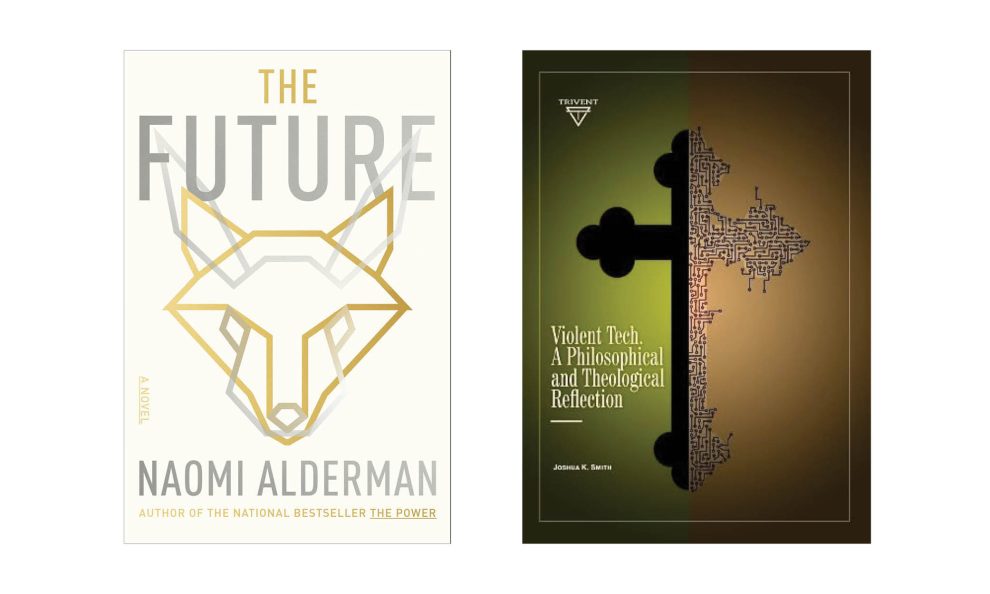
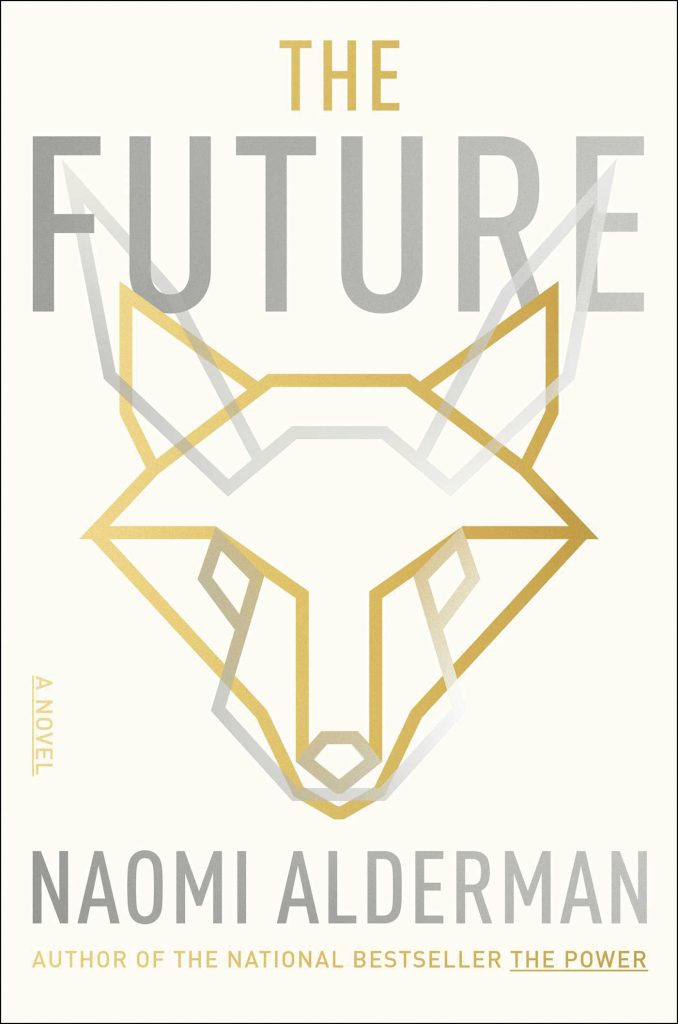

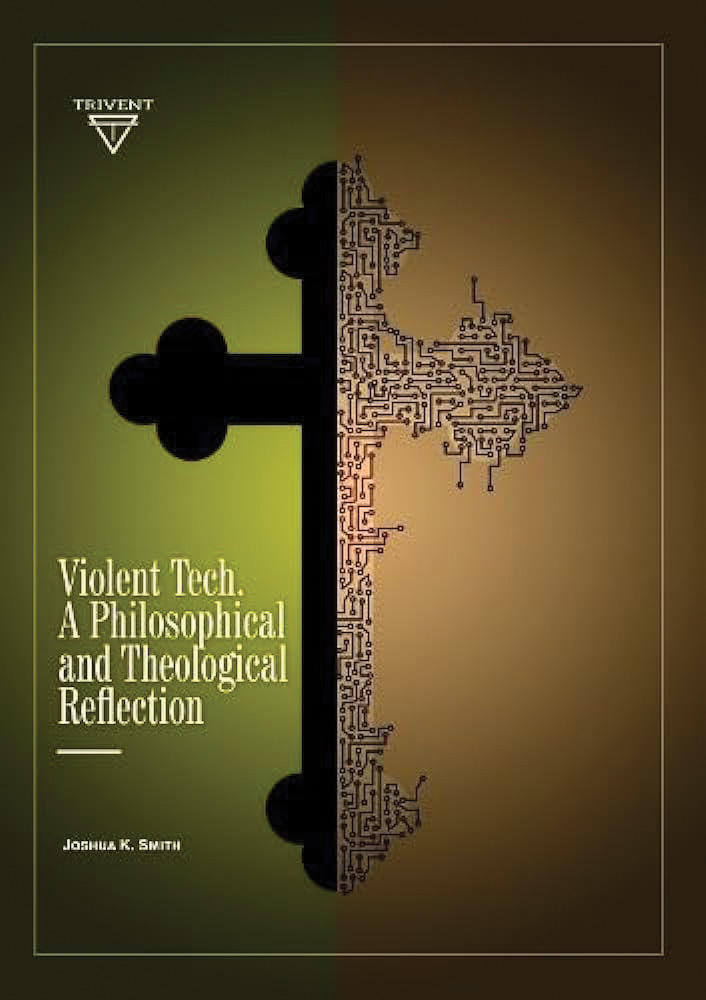
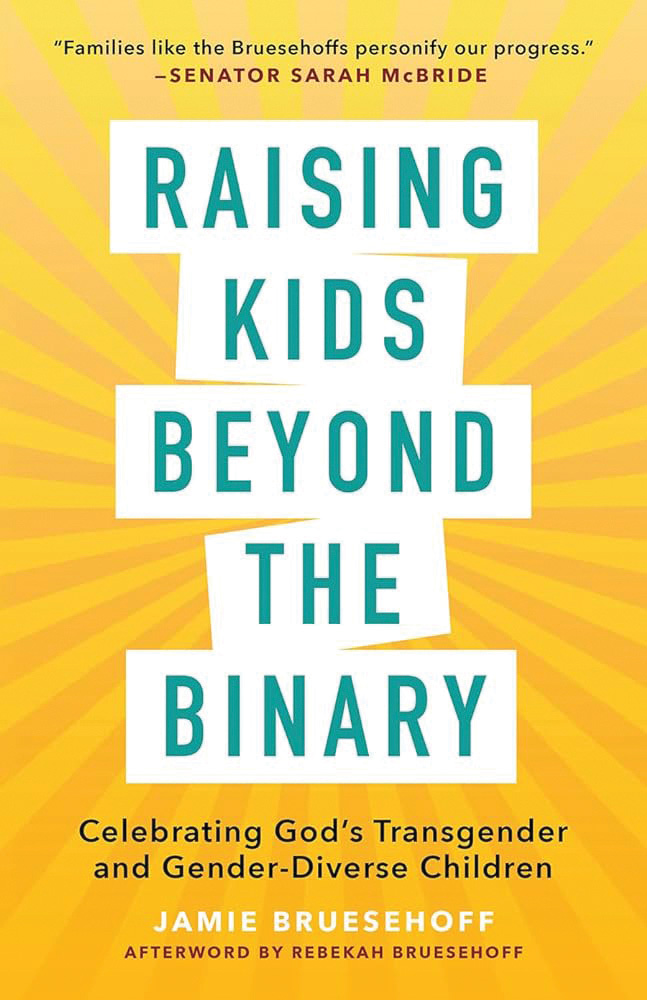
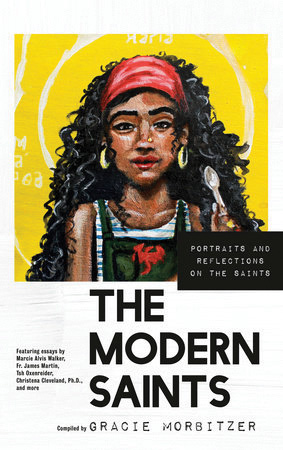
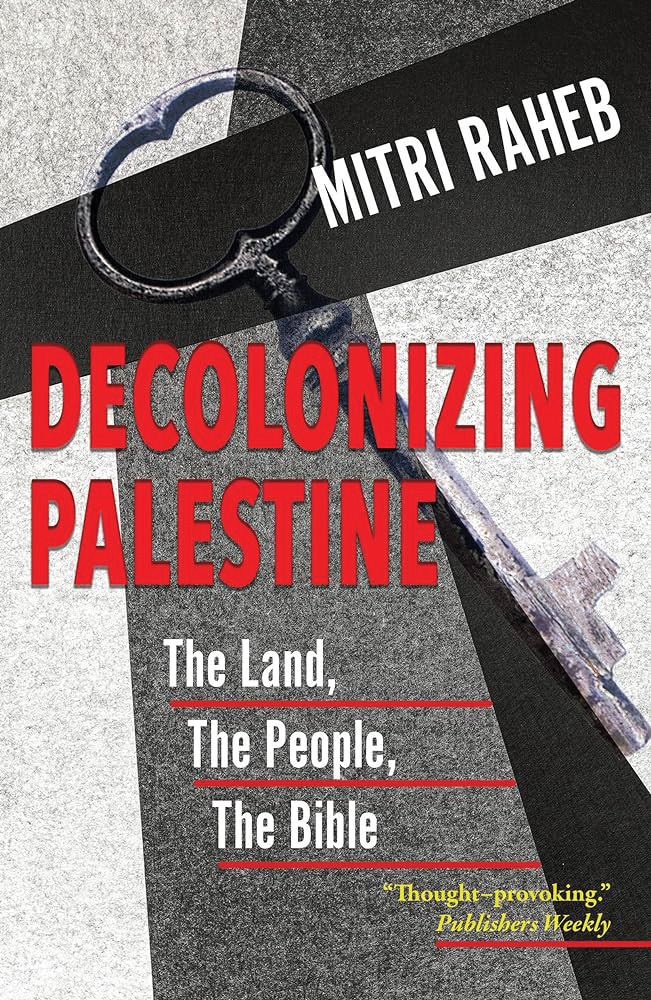











Add comment